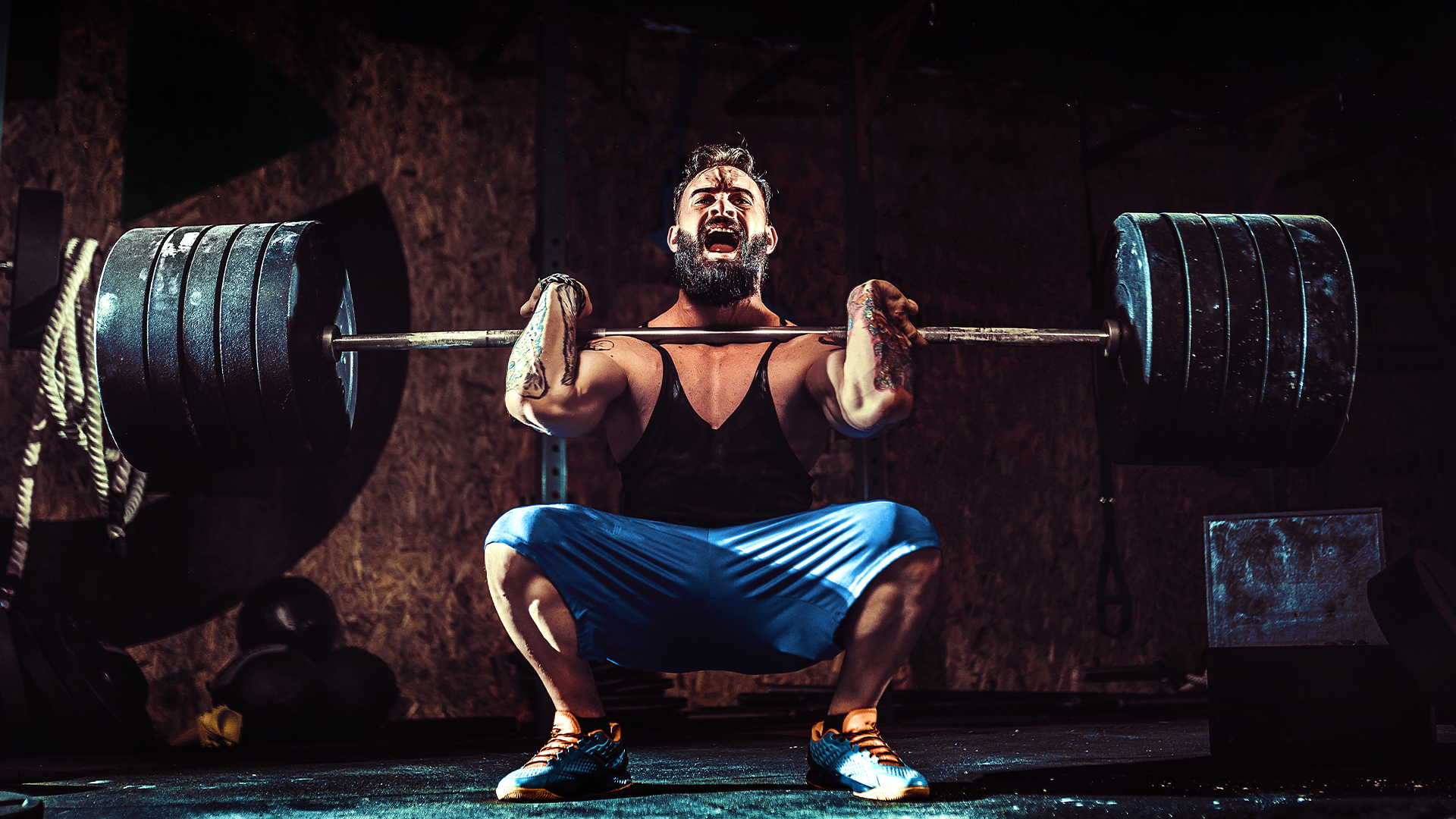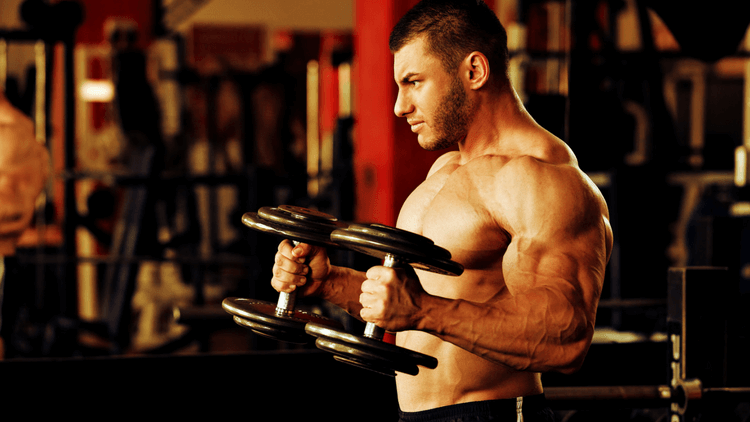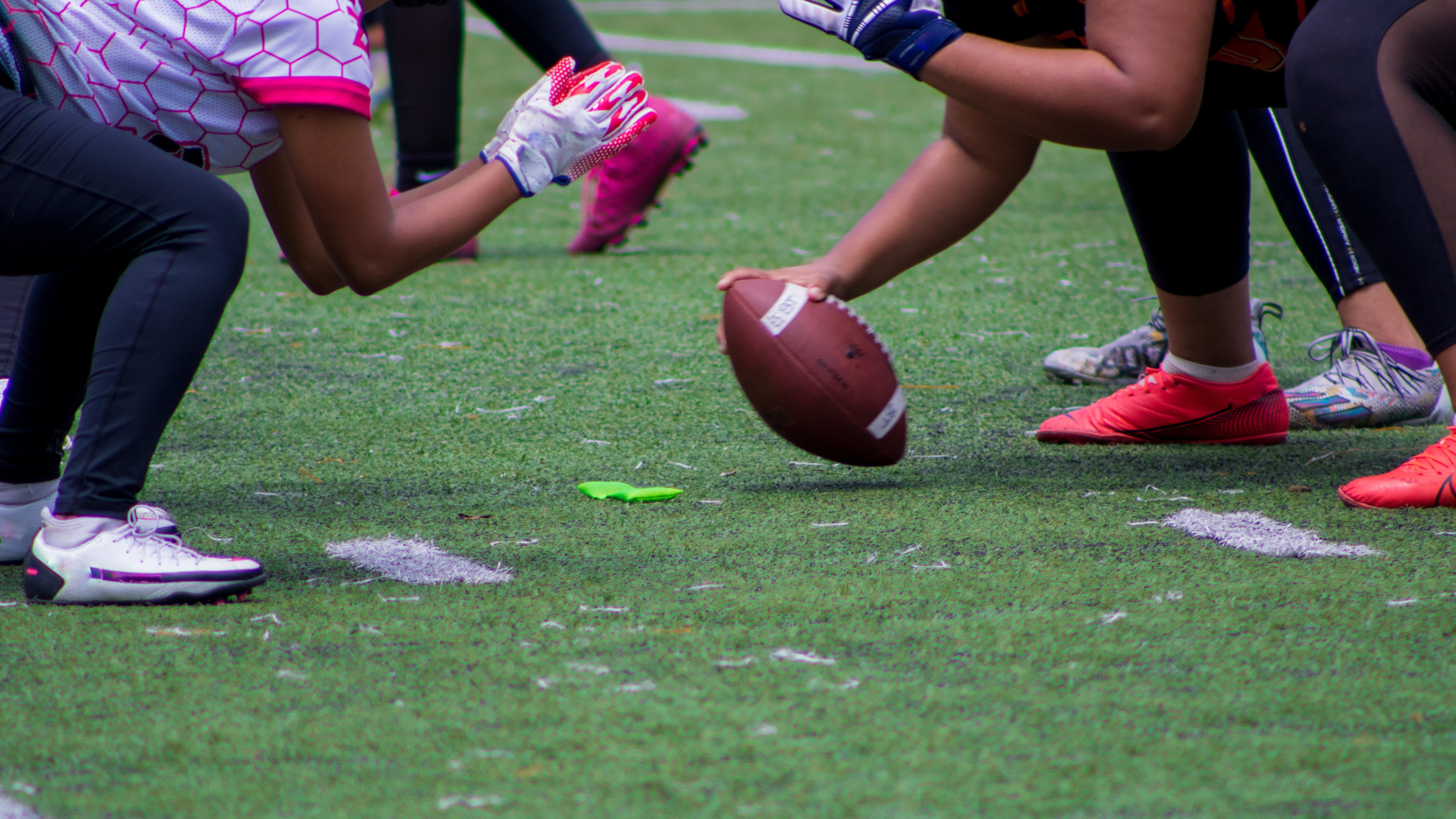Hack Beast Mode |
As an avid gymgoer, you'll likely hit a crossroads where you want to take your fitness journey at a certain point.
Although cardio and weight machines can be a great way to strengthen your muscles and get more athletic, they're not going to be a long-term solution for packing on the mass.
Instead, there will be two primary options for you regarding how to add the muscle mass you want. One option is weightlifting, and the other is bodybuilding.
Both options may sound similar if you are starting your fitness journey, but they're two very different disciplines requiring unique skills and approaches. In addition, focusing on one over the other will allow you to build very different physiques.
Of course, you always have the option to try both, but if you want to develop a specific physique, it's essential to understand what each entails to choose the right solution.
If you want to create a muscular body shape and increase your strength, here's a detailed look at weightlifting vs. bodybuilding to determine the best choice for you.
What is weight lifting?
So, firstly what is weightlifting?
Weight training is a type of workout focusing on resistance exercises in the form of weights - to increase muscle mass. Weight training stresses your muscles, which breaks down their fibers and makes them repair stronger and more durable.
When you perform weight training, you aim to improve your strength and mass to lift heavier items. Therefore, it's not as focused on your looks or aesthetics but improves your athletic performance.
For purists, weight training is usually performed with free weights, such as barbells and dumbbells, as these provide more resistance to your muscles than machines do.
You'll likely be less varied in your choice of exercises, with you instead focusing on improving your form and performance on select movements.
What is bodybuilding?
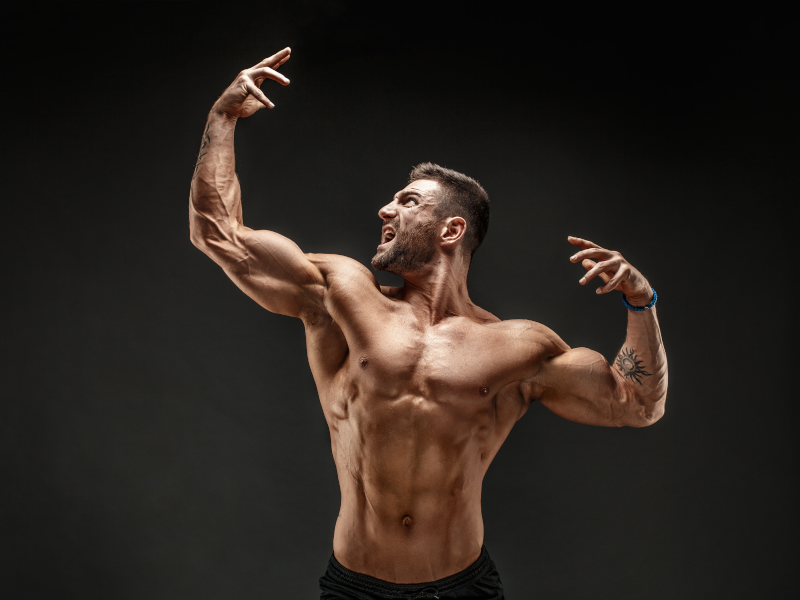
Bodybuilding, although it seems similar, is quite different from weight lifting.
Bodybuilding is focused on creating a specific look. In addition, there's a lot of emphasis on toning your body, with many bodybuilders looking to sculpt sizeable muscles with as little fat retention as possible.
Bodybuilding is all about aesthetics - meaning looks and appearance. This emphasis means that the discipline isn't as focused on building strength in your muscles, just size and definition.
Of course, for the most part, bigger muscles will create more power, but it's not the main focus.
Instead, the goals are to reduce your body fat as much as possible while maximizing your size and, crucially, symmetry. With weightlifting, your goal is to lift as much as you can. Bodybuilding is instead more concerned about reps and focuses on specific muscle groups.
You'll usually complete more reps when working out with bodybuilding in mind, as this simulates more muscle growth.
In addition to that, the weights will also likely be lighter when compared to weightlifting.
Weightlifting vs. bodybuilder: how do they differ?
Weight training and bodybuilding might seem very similar to the naked eye, as they involve lifting weights and stressing your muscles with resistance.
However, this is where the similarities end; they both differ in how they:
- How they are performed
- How often you do each
- The goals of each approach
- The benefits of each
Not only that but the physiques you will develop after a committed year of training will be very different.
How do you perform each approach?
When performing weight training, you'll often work with barbells and dumbbells. Some exercises you'll be performing will include deadlifts and chest presses.
When performing these exercises, your primary focus will be shifting heavy weights. This likely means that you'll be lifting heavier weights when weight training compared to bodybuilding. As a result, you'll likely do fewer reps for each set or complete a single set until failure.
Weightlifting usually requires a more limited pool of exercises to achieve the desired goal. In truth, the exercises you'll be doing will likely only be limited to snatch, clean & jerk, squats, deadlifts, and potentially overhead strength work.

As there's a limited amount of exercise to master, many people think weightlifting is a more accessible training for beginners.
The rest period between your exercises will also be a lot longer when completing weight training. This break is designed to give your muscles more time to recover so that you can maintain the heavy lifting.
With bodybuilding, you'll still be lifting heavy weights, although they will usually be slightly less than what you'll shift with weight training. To compensate, you'll be performing more repetitions per set. This approach is more aerobic and is excellent for producing lean muscle - one of the key goals for bodybuilding.
The exercises you'll be performing will also be different and have more scope for you to do the machines.
While exercises performed by weightlifters will use multiple muscle groups at once, bodybuilding requires more isolated exercises focusing on a single muscle or muscular system. This is to help focus the workouts and ensure desired symmetry.
Another big difference about bodybuilding is that you'll also need to focus on your nutrition. There is a greater emphasis on what you are eating than in weightlifting - which is more about overall muscle mass.
To build a great physical look, you must think carefully about your food to get the right amount of protein and fats to maintain a lean mass. That's why many can find bodybuilder harder, as it's not just an exercise at the gym; it's a lifestyle change.
How often do you do it?
Both types of training require a lot of dedication and focus. However, it is easy to forget that over-exercising the same muscles decreases muscle growth, so it’s important not to overdo it.
With weightlifting, you’ll be doing a lot more complex exercises that work the same areas repeatedly - so you can give yourself more time between rests.
That said, you can split your workouts into hard, moderate, and easy days for those who want to attend the gym to see gains regularly.
For guidance, a hard day is where you're at your maximum weight, a moderate day will be a step below that, and an easy day will focus on much lighter weights or fewer reps - including bodyweight exercises or even cardio.
With bodybuilding, the process is different, and you should aim to exercise each body part at least twice a week, which means you’ll spend a lot of time in the gym.
Because you're working in isolated groups each time, the other muscle groups can recover faster. You're not constantly putting strain on the same muscles, which decreases the chance of burnout or injury. This approach will enable you to exercise almost daily as long as you perform your exercises correctly.

If you're training in bodybuilding to compete in a show, you'll likely follow a routine focusing on building muscle mass for most of the year. This means that you'll be performing more focused exercises to encourage bulk.
Then, around 12 weeks before a show, a bodybuilder will likely focus on cutting as much body fat as possible. The cutting process will focus more on nutrition and cardio to burn all the excess fat. It can be a grueling period but very rewarding.
In terms of the number of reps for each exercise session, you'll be doing more when bodybuilding and could see yourself doing up to 40 reps -providing that the weight is light enough.
On the other hand, when weightlifting, you'll be doing fewer reps, but it will be heavier, so you're going to wear yourself out just as much.
The goals of each approach
The goals of each type of training differ significantly. The entire focus for bodybuilding is sculpting the most incredible physique possible. This target requires you to reach the lowest fat possible while maintaining substantial muscle mass.
For those into weightlifting, the focus is instead on building strength for athletic performance.
As a result, despite bodybuilders potentially looking more impressive, they may not develop the functional power that weightlifters possess.
This is because maximum lift strength is a weightlifter's primary measure of success. In bodybuilding, however, weightlifting is not an aim but a tool to achieve the end goal of an impressive physical aesthetic.
What are the benefits of weightlifting vs. bodybuilding?
If you're still undecided about the route you want to take to increase your mass, it may be worth considering some of the benefits of each.
Knowing how each will positively impact your body could help you decide which option is the right approach for you.
Weight Training Benefits
This approach has a lot of great things going for it, such as:
Improved bone density
Lifting heavy weights at low reps will help you form better bone density, which can help strengthen your bones and make them less susceptible to injuries and issues.
This approach will also strengthen you and help you grow in height, making it a good routine for teens.
Better functional strength
There's no doubt about it; one of the most significant benefits of weightlifting vs bodybuilding is that it will help you improve your functional strength.
You will be able to lift heavier objects and perform better in the gym or at sports. Achieving greater levels of performance will help you in day-to-day life and is a major plus point for those who want to get stronger.

Goals are performance-based, not aesthetic
Although you may be motivated to go into weightlifting because it will improve your fitness and looks, your success with the training program isn't determined by appearance.
Instead, you are judged on what you can lift, and success can be more quantitatively measured. Seeing that you're lifting more than you could do in the past can help keep you motivated and feeling good about your progress.
Bodybuilding benefits
In terms of bodybuilding, there are plenty of other great benefits that you can't get through weightlifting alone.
If you are more focused on getting some of the following benefits, it may be a good indication that bodybuilding is the better option for your situation.
Some core benefits of bodybuilding include:
Builds an increased amount of muscle
As bodybuilding requires you to perform more exercises on different muscle groups, you're more likely to build more mass overall.
In addition, because of the higher rep range, those muscles could also have a more significant bulk, making you look better.
If you're not bothered about achieving incredible aesthetics, increasing muscle mass also has other benefits for your health.
To start, it can reduce the amount of blood fat you have and also give you a higher metabolism, allowing you to burn more calories even through rest.
Focuses on nutrition
Bodybuilding isn't just focused on the exercises you do. You must also consider your diet and eat properly to achieve great results. This can significantly benefit you, encouraging you to eat healthier and more nutritious foods.
That said, the amount of control can be intense for some people, as you'll have to focus on your calorie intake and measure your macros and the food groups you eat.
It can become obsessive to some, although if you manage it healthily, it will improve other aspects of your health and make you feel better.
Includes more aerobic exercise
The high rep ranges required for bodybuilding can turn regular weightlifting exercises into something more aerobic. This means it's cardio and is excellent at giving you a more well-rounded fitness program.
Cardio can help increase your calorie expenditure, meaning that you burn more fat and achieve a lower fat percentage.
Weightlifting vs. Bodybuilding: Which one is right for you?
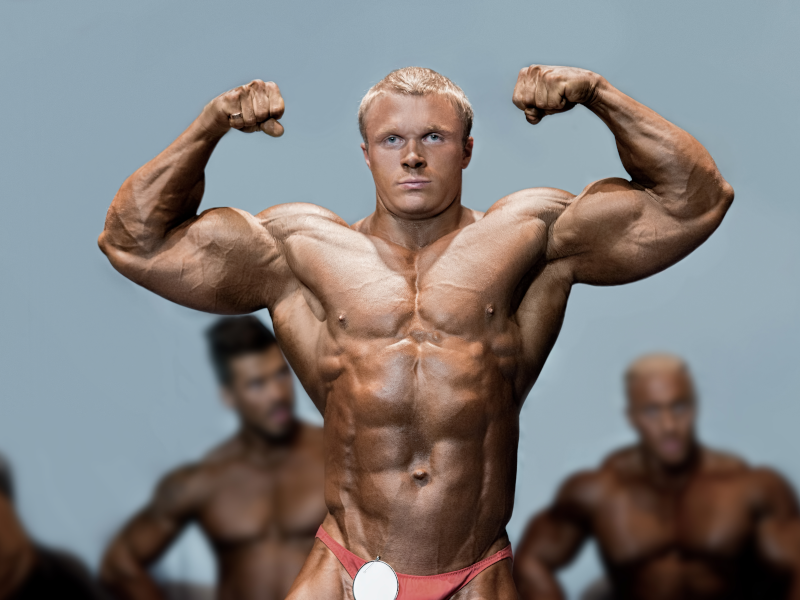
Both weight lifting and bodybuilding will help improve your physique and make you stronger and there are both aesthetic and physical benefits to both of them.
However, weightlifting focuses more on strength gains, whereas bodybuilding has an aesthetic focus.
No matter your choice, you can always enhance your workouts and performance with our range of legal steroids alternatives.
Adding these products into your routine can help you achieve all your bodybuilding or weightlifting goals faster with more impressive results.
Either of these options is great if you want to take your exercise routine to the next level, and hopefully, now it's clear which one is right for your mindset, skills, and goals.
Over 299,434 purchases
Over 509,389 bottles sold
Over 30,563,340 pills taken
